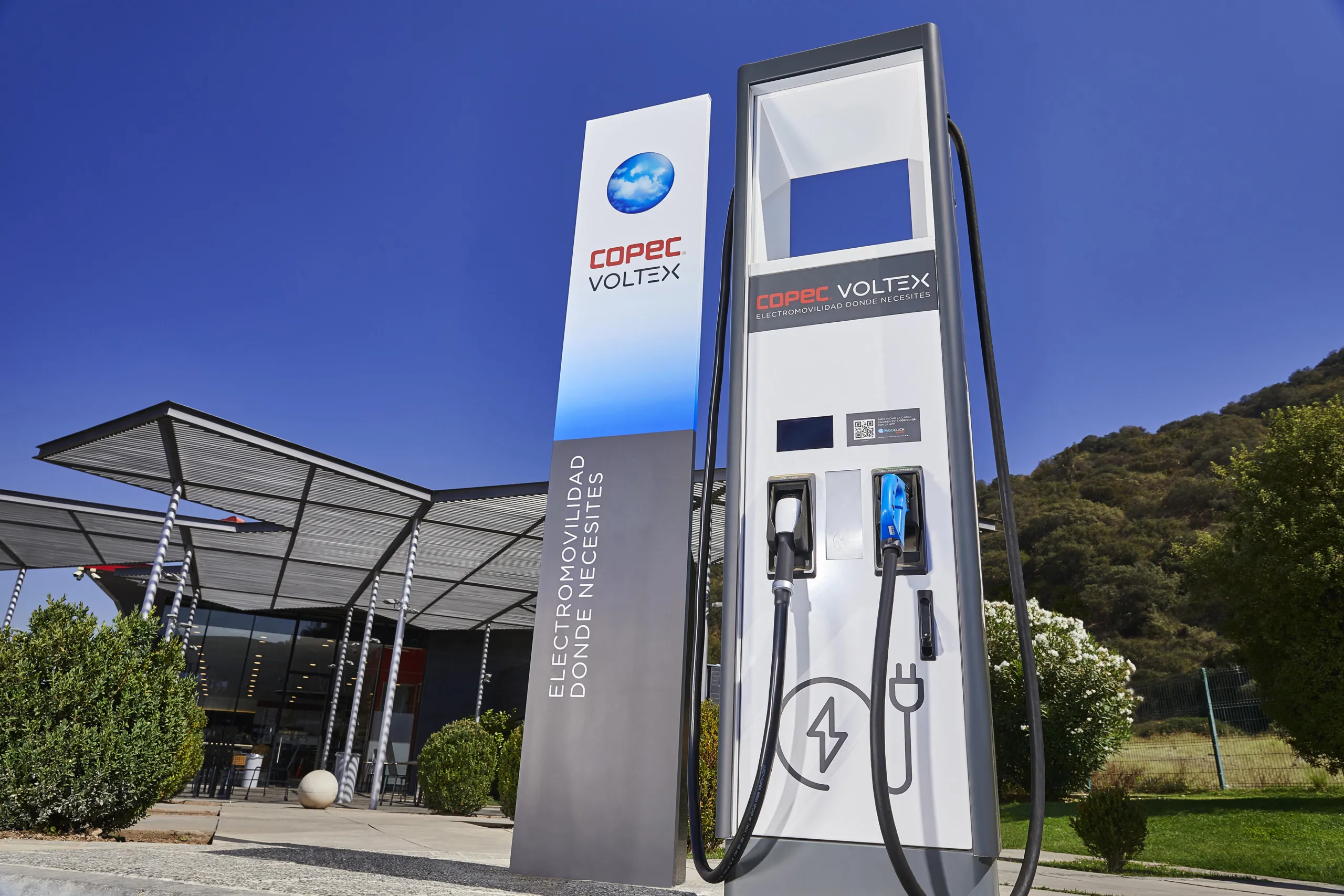Scottish and Southern Electricity Networks (SSEN) is seeking views on proposed electric vehicle (EV) solutions to help avoid potential overloads on local electricity networks caused by sharp increases from the use of these vehicles. The consultation on Managed EV Charging forms part of the company’s Smart EV project.
The scheme aims to review and research charging solutions to allow the transition to EVs to take place with minimum disruption to clients while avoiding unnecessary network reinforcement.
Primarily, the consultation is seeking views on an interim solution for situations where local networks have faulted, or are likely to fault, based on a rapid increase in demand. The proposed solution involves installing a device at both the local substation and, as an option, in domestic properties to monitor load and temporarily adjust EV charging where necessary.
Stewart Reid, head of innovation and DSO at Scottish and Southern Electricity Networks said: “Through the Smart EV project, SSEN is working ahead of need to develop a cost-effective, readily-deployable solution to address the challenge of clusters of EVs on our local electricity networks, until such time as long-term market solutions are suitably established. We welcome any views through the consultation process.”
Tim Nicklin, chair of the Society of Motor Manufacturers and Traders (SMMT)’s EV technical working group added: “SMMT welcomes the Smart EV project and its engaged approach to finding suitable technical solutions. We need to make sure that any solution adopted by industry is future-proof and works with and for the EV driver.”
SSEN seeks views on charging solutions to assist EV transition
Scottish and Southern Electricity Networks (SSEN) is seeking views on proposed electric vehicle (EV) solutions to help avoid potential overloads on local electricity networks caused by sharp increases from the use of these vehicles. The consultation on Managed EV Charging forms part of the company’s Smart EV project. The scheme aims to review and research charging solutions to allow the transition to EVs to take place with minimum disruption to clients while avoiding unnecessary network reinforcement.
March 27, 2018
Read time: 2 mins










